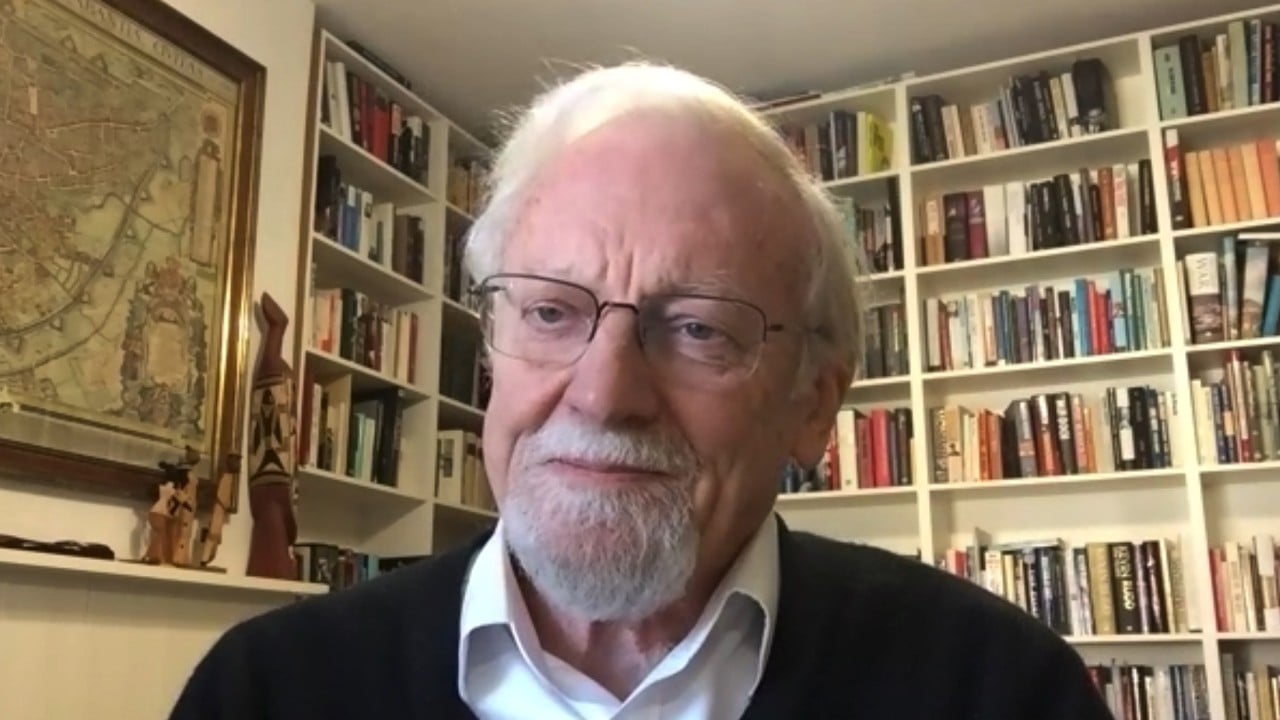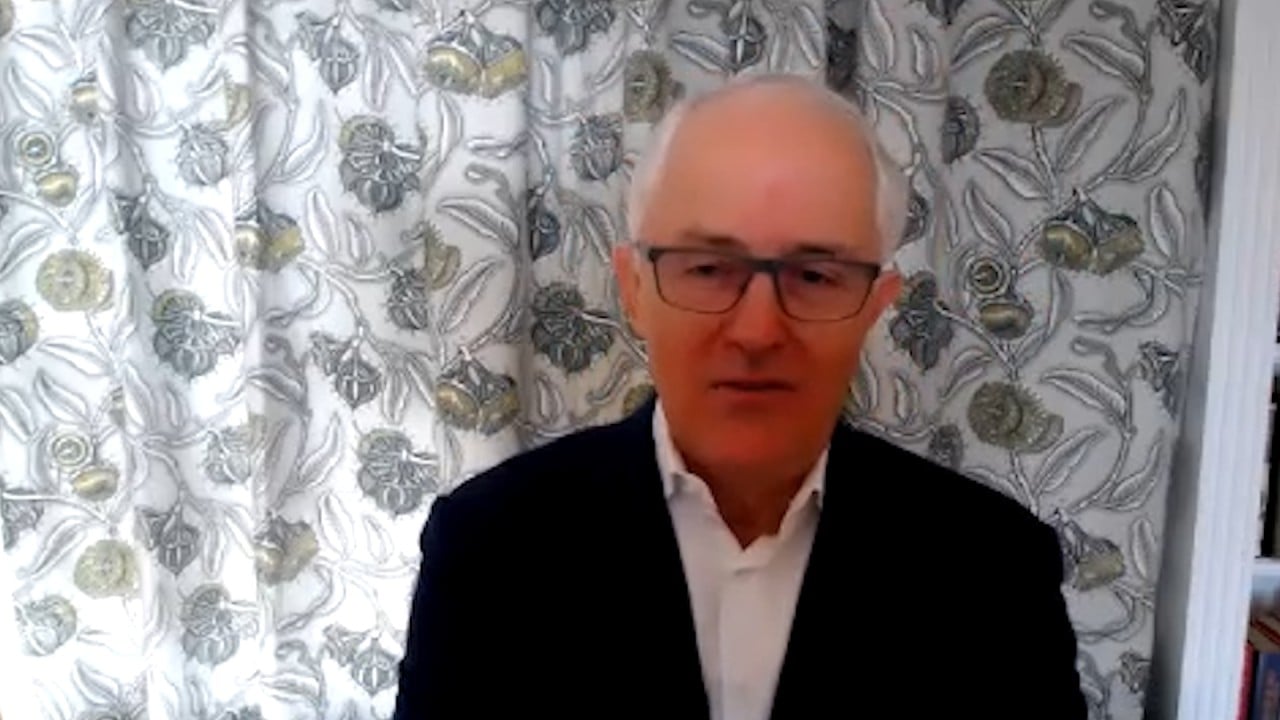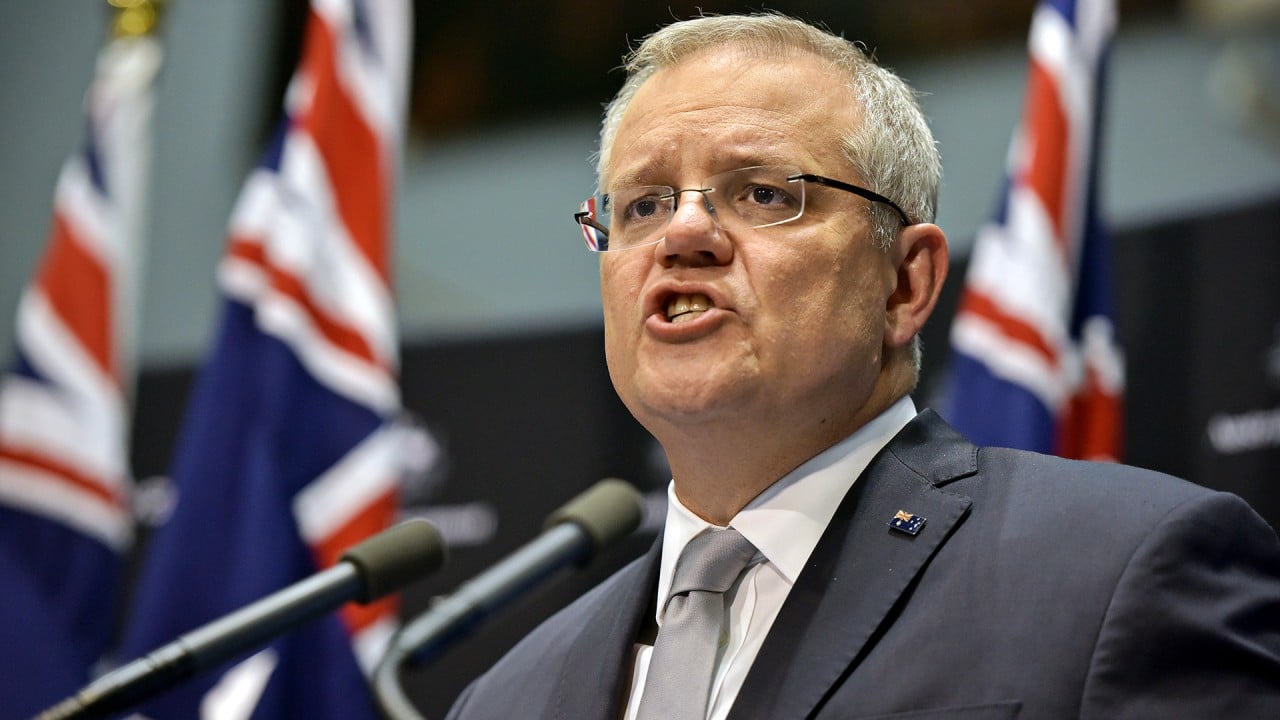
Global Impact newsletter: Australia’s political risks from provoking the dragon that is China
- Global Impact is a fortnightly curated newsletter featuring a news topic originating in China with a significant macro impact for our newsreaders around the world
- In this third edition we will explore how national sensitivity over the origin of the coronavirus pandemic has led to an escalating war of words and sanctions between China and Australia.
Global politics is delicate business in the best of times, but more so in the midst of a deadly pandemic that has claimed well over 500,000 lives. And, as Australia has learned in the last several months, the politics surrounding the coronavirus pandemic are almost as dangerous as the disease.
The situation underscores how China can use access to its huge domestic market to influence important global political discussions and the risks countries take when they deal with Beijing on sensitive issues like the coronavirus.
60 second catch-up
Deep Dives
As China tensions mount, Australia’s dovish voices fall silent
- With Beijing continuing to exert pressure on Australia, voices urging an understanding of China are fading from the national conversation
- Observers are not banking on a thaw in relations any time soon given that China now sees Australia as ‘firmly in the US camp’, says an analyst
Kerry Stokes, one of the country’s richest tycoons, used a front page interview in the April 30 edition of The West Australian newspaper he owns to warn against poking “our biggest provider of income in the eye”, while mining magnate Andrew Forrest called for any investigation to be delayed.
Australia calls China’s envoy over ‘disappointing’ remarks
- Trade minister says ‘economic coercion or threats of coercion’ will not change Canberra’s position on the need for an inquiry into the pandemic
- Ambassador Cheng Jingye has slammed the move as ‘politically motivated’ and suggested it could have consequences
Trade Minister Simon Birmingham on Tuesday said Frances Adamson, secretary of the Department of Foreign Affairs and Trade, had spoken to Chinese ambassador Cheng Jingye about his “disappointing” remarks, but he declined to give details of the discussion.

07:34
Australia and China cooperation too valuable for 'nonsensical' decoupling
Beijing warns Australia not to penalise Chinese investors with new policy
- New foreign investment law will crystallise temporary reforms aimed at ‘safeguarding’ Australia’s pandemic-hit companies from being raided
- Australian media reported legal review was aimed at limiting Chinese investment, but Canberra has said it would be ‘country agnostic’
China’s Ministry of Commerce has warned Australia that its new foreign investment policy should be “fair and non-discriminatory” to all countries, amid speculation that it is aimed at restricting investment from China.
The comments, made at a press conference in Beijing on Thursday, came after the Australian government announced last week that it was moving ahead with sweeping changes to its Foreign Acquisitions and Takeovers Act for the first time since it was introduced 45 years ago.
Drop ‘Wolf Warrior’ diplomacy, former Australian PM tells China
- Malcolm Turnbull, who led Australia from 2015-2018, said Beijing’s bellicose foreign policy was counterproductive and risked alienating potential partners
Canberra wants to maintain good ties with both China and the US, he said, as well as expand relations with India, Indonesia and others in the region

00:59
China's ‘wolf warrior’ diplomacy counterproductive, says former Australian PM Turnbull
China steps up pressure on Australia with warning to students
- Beijing’s advice follows caution to tourists to stay away because of rising racism
- China has also limited imports of Australian barley and beef after Canberra’s push for an inquiry into origins of Covid-19 angered Beijing
On Tuesday the Chinese Ministry of Education issued a warning about studying in Australia, citing the risks from Covid-19 and increasing discrimination against people of Asian descent
Australians ‘at risk of arbitrary detention’ in China, government warns
- New advice is likely to further unsettle relations already strained by trade disputes, allegations of espionage and the national security law for Hong Kong
Australian government advice for China and Hong Kong remains ‘do not travel’, in accordance with the blanket ban in response to coronavirus pandemic

01:49
Australia suspends extradition treaty with Hong Kong, offers residency pathway for Hongkongers

